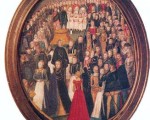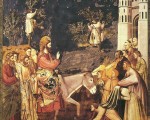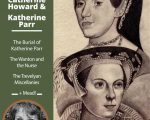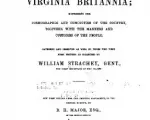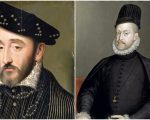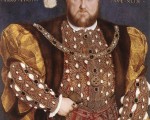
James Hepburn, 1st Duke of Orkney, 4th Earl of Bothwell and the third husband of Mary, Queen of Scots, was the son of Patrick Hepburn, 3rd Earl of Bothwell and Lord High Admiral, known as the “Fair Earl”, and his wife Agnes Sinclair, daughter of Henry Sinclair, 3rd Lord Sinclair. In 1556, on his father’s death, James became 4th Earl of Bothwell and Lord High Admiral of Scotland.
In 1559/1560 Bothwell visited Denmark on the way to France and met Anna Throndsen (Anne Thorssen). He is alleged to have seduced and even married Anne but deserted her. In 1566, he married Jean Gordon, second eldest daughter of George Gordon, Earl of Huntly, but the marriage was not a happy one, as Jean accused Bothwell of adultery with her maid and seamstress, Bessie Crawford. The marriage was annulled in May 1567 on the grounds of consanguinity. Eight days after the divorce, Bothwell married Mary, Queen of Scots.
[Read More...]
